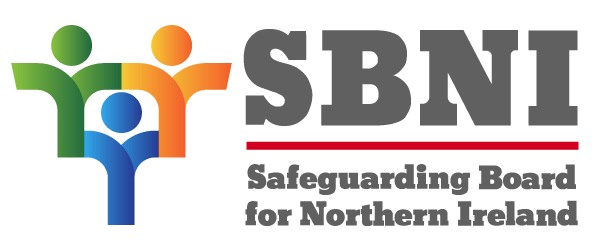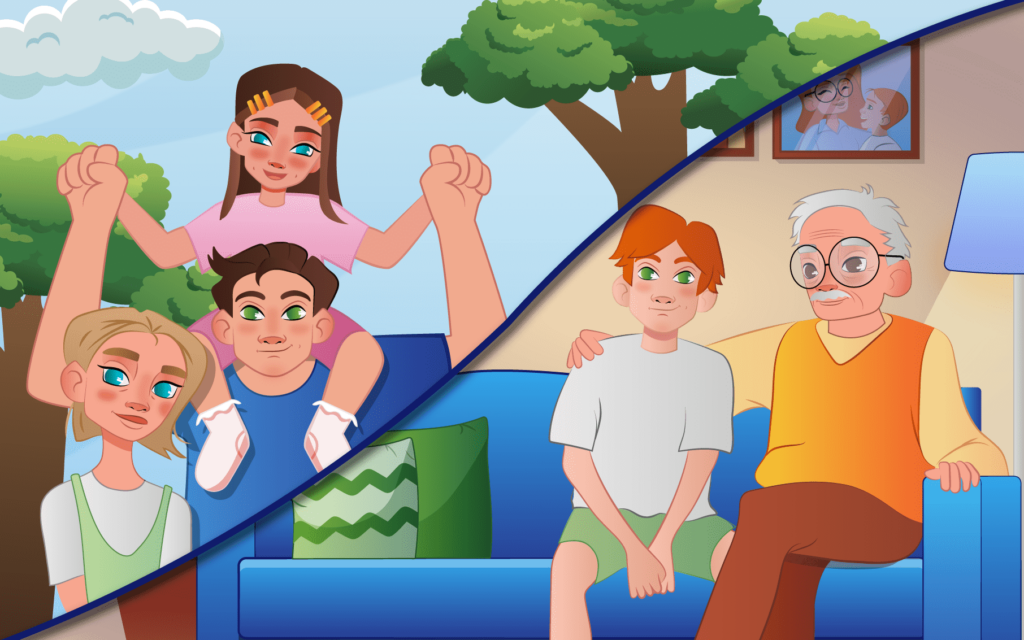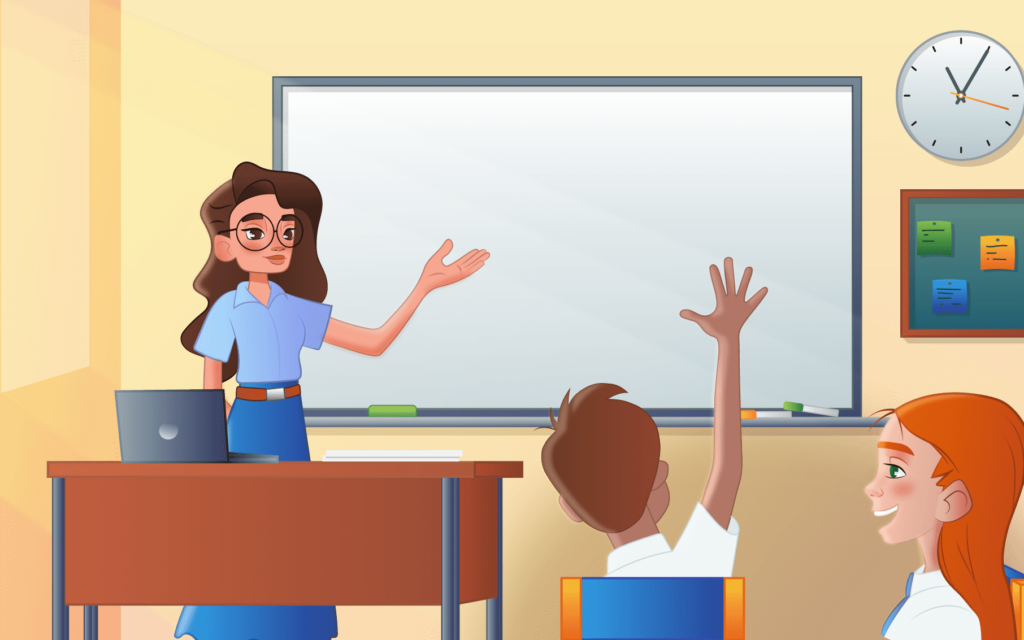Healthy Relationships
Healthy relationships are key to the physical, emotional, and mental development of children and young people.
A relationship is when two or more people feel connected and share a bond. This can include a professional relationship, a friendship, a family relationship, or a romantic relationship. These connections can also happen both offline and online, and it is important to consider both spheres when discussing what constitutes a ‘healthy’ relationship.
Ultimately, a healthy relationship is centred around respect. It’s a relationship where the wants of each person are considered, where they feel valued for who they are, where a person feels safe and supported. Where they are able to share their opinions freely, talk about their needs and desires, and be honest about who they are and how they feel without fear.
The impact of relationship is not diminished based on whether it is being carried out online, offline, or a mixture of both. This is why healthy relationships matter. They can have a positive impact on our health and wellbeing, and can influence how we treat others. It is especially important for children and young people.
Knowing how to model healthy relationships, as well as how to spot the warning signs for unhealthy or abusive behaviours, can help those in your care better understand what makes a relationship healthy and how they can contribute to their own relationships.
Click or Tap this box to learn more about where you can find support
If you are worried about yourself or a child, or need advice about online safety contact the NSPCC helpline on 0808 800 5000, or email [email protected].
Other contacts:
- Child Exploitation and Online Protection centre (CEOP): If you want to report an incident regarding child sexual exploitation and abuse, you can complete CEOP’s ‘Online Reporting Form’.
- The Domestic and sexual abuse helpline: For anyone experiencing domestic or sexual violence and abuse phone 08088021414, email [email protected] or contact them through live chat on their website.
- Childline: If you require help and support in confidence, you can call Childline on 0800 1111.
- Text-A-Nurse is a text messaging service for parents and carers to access professional nursing advice on young people’s health and wellbeing issues.
- Lifeline is Northern Ireland’s crisis response helpline. If you, or someone you know, is in distress or despair, call Lifeline on 0808 808 8000.
- Report Remove: A tool provided by Childline and the Internet Watch Foundation (IWF) allows children and young people to report an image or video shared online and get it taken down:.
- NSPCC: The NSPCC has a range of information and guidance on various different topics within Healthy Relationships.
- Parentline: is a free and confidential helpline and online chat service for parents and carers in Northern Ireland.
- Parenting Focus: provide a free support line and webchat for parents and carers in Northern Ireland.
- Thinkuknow: For advice, guidance and resources please visit their website.
- The Mix: If you are a young person and require advice on this issue, you can contact The Mix on 0808 808 4994, text ‘THEMIX’ to their Crisis messenger on 85258, or contact them via their online email form. A 1-2-1 chat option is also available, which is free webchat service.
What you need to know
- Communication: Any healthy relationship should include being able to freely discuss what they want and how they feel with their partner.
- Trust: Feeling safe and able to rely on their partner no matter what situation they may experience is a symbol of trust.
- Respect: Every good relationship should focus on respect, having each person’s needs, wants, opinions, and hopes regarded as important.
- Honesty: Any healthy relationship must have partners willing to be upfront and acknowledge or do what’s best for their relationship.
- No fear: Every person should be able to talk about how they feel or what they want without worrying about their partner’s reaction.
- Relaxed environment: No one should feel threatened, scared, or pushed into doing things that they don’t want to do. Healthy relationships should be a place where each person feels comfortable being themselves.
- Emotional reactivity: Experiencing unnatural or extreme levels of worry, stress, or anxiety around their partner is not normal. If this is happening, it could be a red flag.
- Open communication: Any healthy relationship should not cut off other friends or family members from being able to communicate with their loved one. Reinforce this by always checking in and being available.
- Support where needed: If someone you know is in an unhealthy relationship and is being coerced, blackmailed, or abused, it is crucial that this is reported where appropriate to mitigate harm.
Unhealthy relationships for young people can include:
- Not being able to talk about how they feel or what they want.
- Feeling threatened, scared, or pressurised into doing things.
- Being or feeling controlled, threatened, bribed, or blackmailed.
- Feeling worried, stressed, or emotional around someone.
- Feeling like they can’t do anything right.
One large component of an unhealthy relationship can be something called ‘coercive control’. This is an abusive pattern of behaviour that ultimately attempts to trap a person in a relationship. To learn more about coercive control, you can watch this video here.
For people in controlling and abusive relationships, technology and devices can bring a pattern of constant communication and surveillance over their lives, making it feel like every aspect of their world is controlled and monitored. This is abusive and controlling behaviour. Unwanted and threatening calls or messages can instil fear and make you feel uncomfortable and even trapped. This is not okay. To learn more about technology and domestic abuse, you can watch the animation below, it explores what is healthy behaviour, harmful behaviour and where to get help if the line has been crossed.


